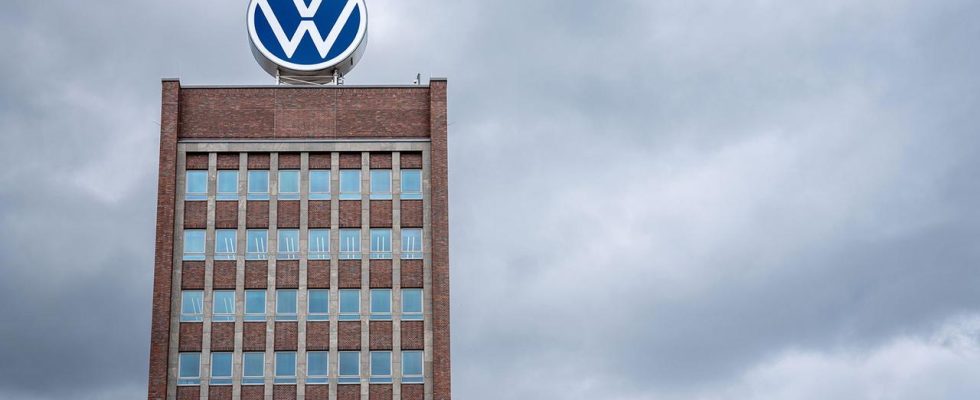Volkswagen’s shareholder Qatar is considered a supporter of Hamas. At the same time, representatives of the emirate sit on the VW supervisory board. There is no public criticism from major shareholder Lower Saxony, for example.
It is a delicate matter for those involved: On the one hand, Qatar has been considered a reliable partner on the VW supervisory board for years. The emirate holds 17 percent of the shares in the car company. According to people close to the committee, the representatives from Qatar are friendly in tone and inconspicuous in their demeanor. On the other hand, the emirate is repeatedly accused of financing Islamist terrorist groups. Qatar rejects this. Against the background of the attack on Israel, it is now clear: open criticism of Qatar is not planned in Wolfsburg.
Both the company and the employees have publicly expressed their solidarity with Israel. However, there are no clear words to Qatar. Volkswagen said in a written statement that shareholder Qatar, as a long-term investor, fully supports the group’s corporate strategy. The car company does not comment on decisions beyond this or the emirate’s policies. The state of Lower Saxony, VW’s second largest shareholder, also said: No comment.
Is it necessary for the economy to exercise restraint?
Internally, Volkswagen is certainly aware that this is a difficult balancing act. Nevertheless, it can be heard from those around the supervisory board: taking on the long-standing partner Qatar will not achieve anything and, in the worst case, will lead to hardened fronts.
It is said that the emirate could be an important player in negotiations for the possible release of hostages from the Gaza Strip. Even if this is sometimes difficult: restraint is now required in the economy so as not to complicate efforts at the political level.
“Fear of saying the wrong thing”
Shareholder representatives can understand the reluctance: “Everyone is worried at the moment about saying the wrong thing or at least not the right thing,” says Marc Tüngler from the DSW shareholder protection association. Volkswagen itself is neither a party to the conflict nor called upon to resolve this conflict.
Nevertheless, Tüngler believes that in the long term the other major shareholders such as the state of Lower Saxony “have to ask themselves the question of whether they really want to own a company together with such a shareholder.” That is why it is particularly important now to observe how Qatar behaves as the conflict continues.
“Don’t add fuel to the fire”
Auto expert Stefan Bratzel from the Center of Automotive Management also thinks Volkswagen’s public silence is right. “In this very politically heated situation, it is actually not advisable to add any more fuel to the fire.”
Basically, Bratzel believes that the economy cannot afford to point the moral finger at others. If you were to ask every investor about their political preferences and intentions, Bratzel says, deals along the automotive value chain would be “almost impossible.”
Moral goals and economic realities
Business ethicist Dominik Enste from the German Economic Institute calls this a “typical dilemma” in companies. Because moral goals and economic realities do not always match. As long as Qatar plays a political role and the federal government does not impose any regulations or bans on Qatar, this is also “a good opportunity for companies to hide behind it,” says Enste.
Companies could then operate “business as usual” on the one hand and support Israel on the other. This is “problematic and challenging”. But: There is no simple solution, says business ethicist Enste.

